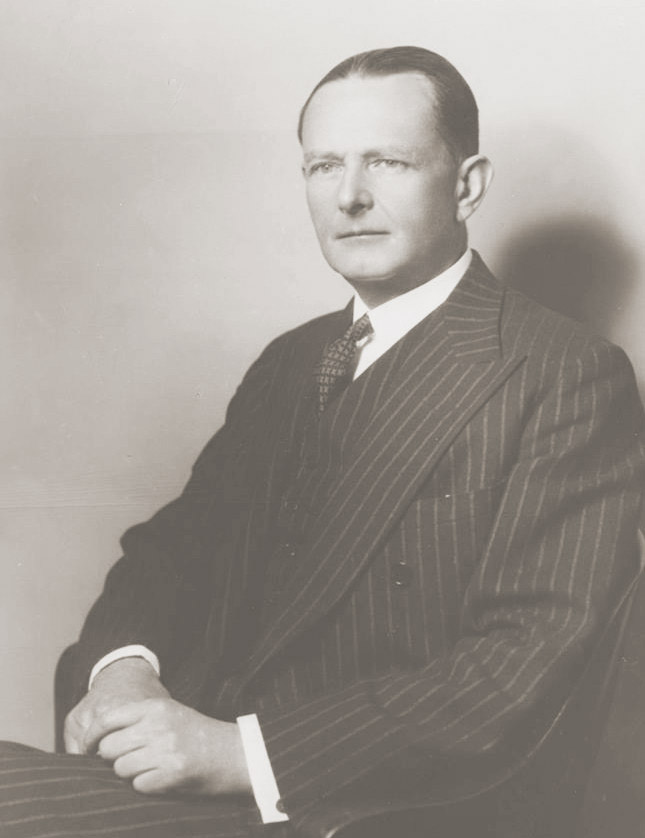During the World War 2, the Polish government was the first to defend publicly all European Jews who were exterminated by the Germans – regardless of their nationality. For this purpose, the Polish Foreign Minister issued a diplomatic note.
The Polish state collapsed after it was conquered by Nazi Germany and the Soviet Union in 1939. However, the Poles did not give up the fight against the Germans and established armed formations and governmental institutions outside the country, in allied countries. The Polish government-in-exile was first formed in France, and after the fall of that country, moved to the United Kingdom.
In occupied Poland there was a strong anti-German armed underground (e.g. the Home Army). which conducted underground and partisan fighting against the German army. There were also political institutions. Poles affiliated to these organisations passed information to the Polish government in London about the situation in the country. News of German crimes against civilians, of the terror against Poles, the extermination of the Polish elite, and the Jews, also began to reach there.
On 10 December 1942, Edward Raczyński, Minister of Foreign Affairs of the Polish Government in Exile, sent a note to the countries that had signed the United Nations Declaration about the atrocities committed by Germany against the Jews in occupied Poland. This document was the first official report on the Holocaust and was produced thanks to the work of the courier Jan Karski. It was also the first public government speech to defend all Jews exterminated and persecuted by the Germans – regardless of their nationality.
“The new methods of mass slaughter used in the last few months confirm the fact that the German authorities are systematically aiming at the total extermination of the Jewish population of Poland from Western and Central Europe”, wrote the head of the Polish foreign ministry. The Polish government demanded that the representatives of the free world provide immediate aid to the Jews and punish the German criminals.
The appeal met with a response from the free world in the form of a written reply, but this had a rather symbolic resonance. No concrete actions were decided then, or later, that would have stopped the Holocaust on occupied Polish territory.





